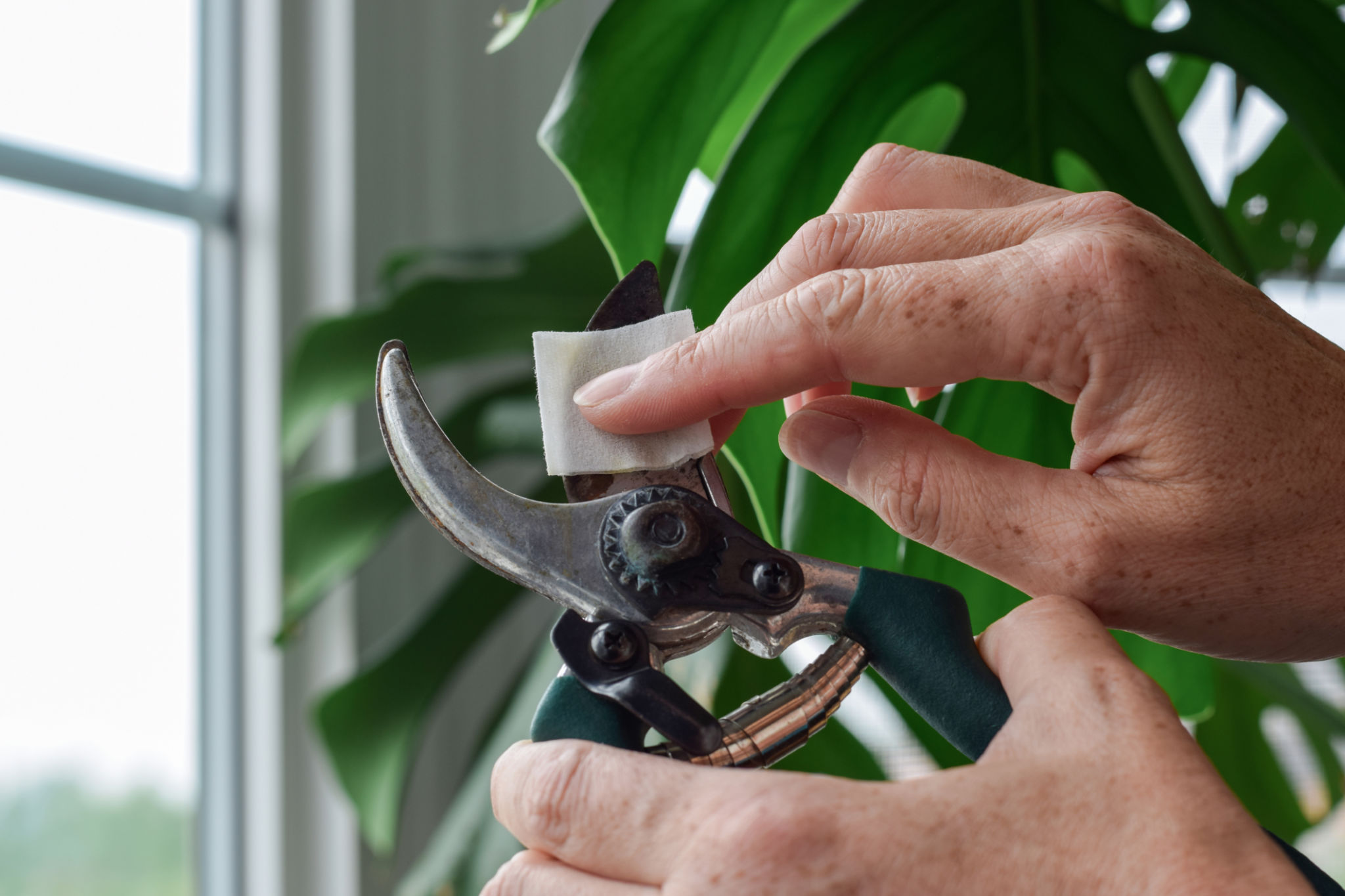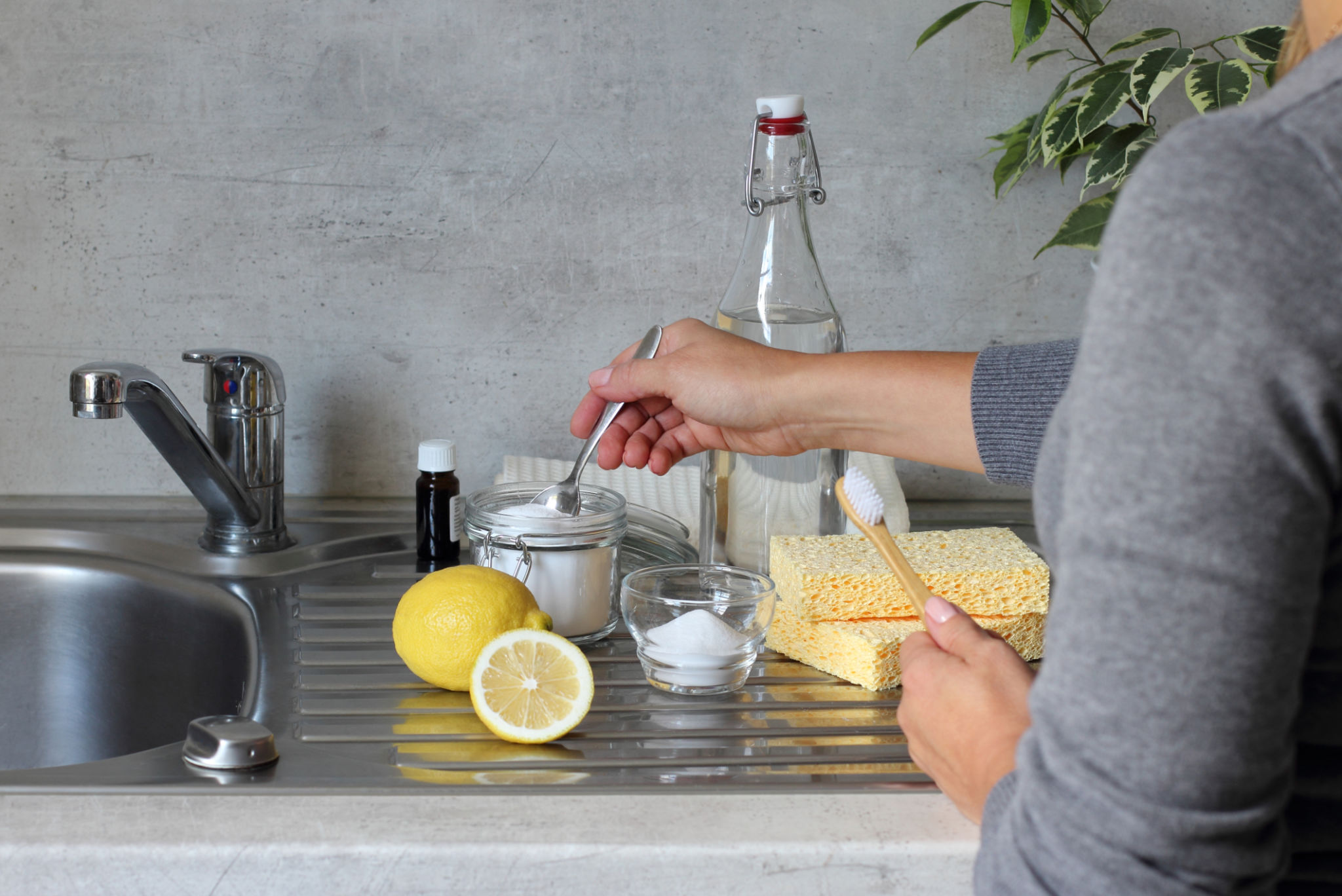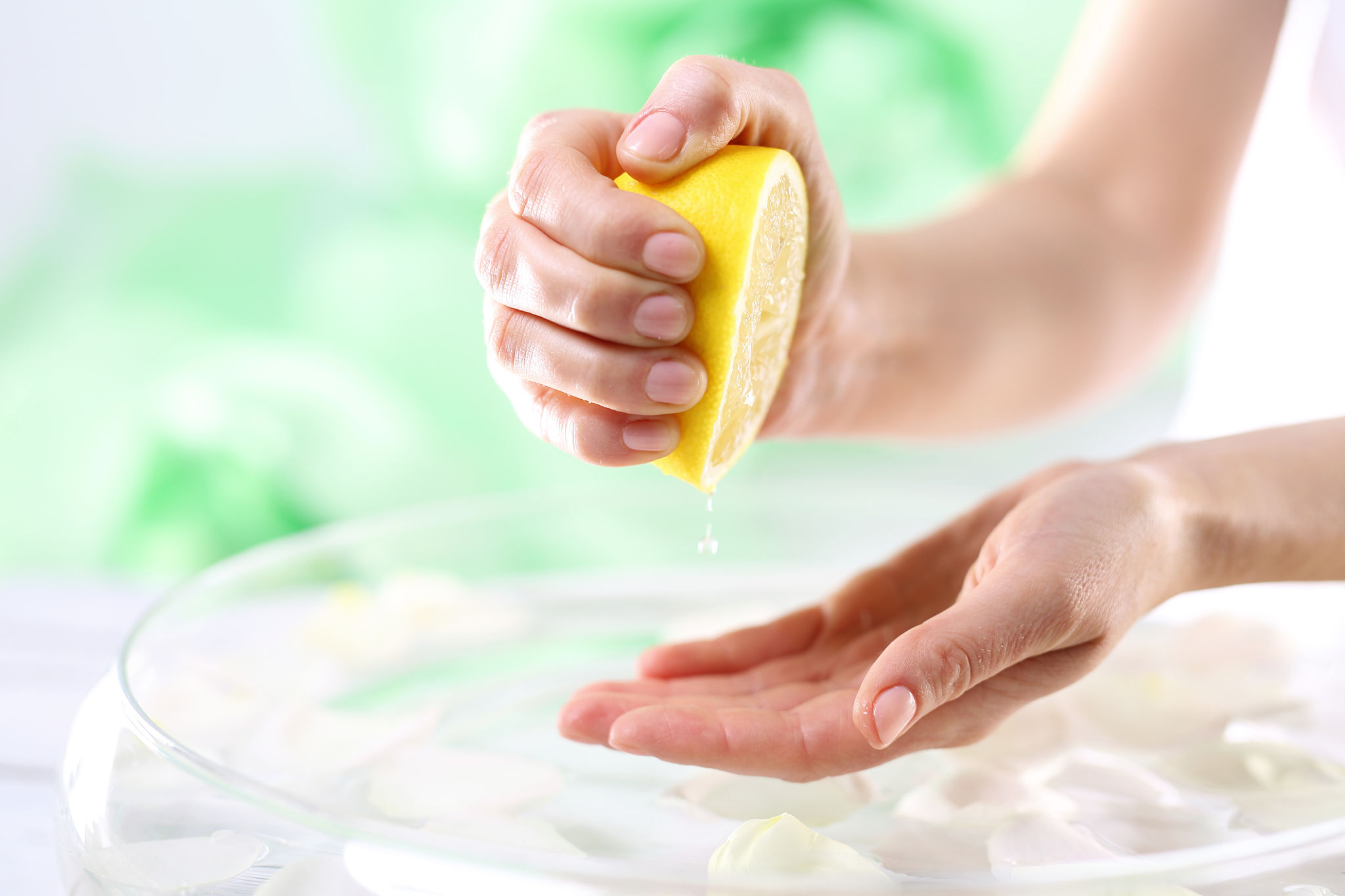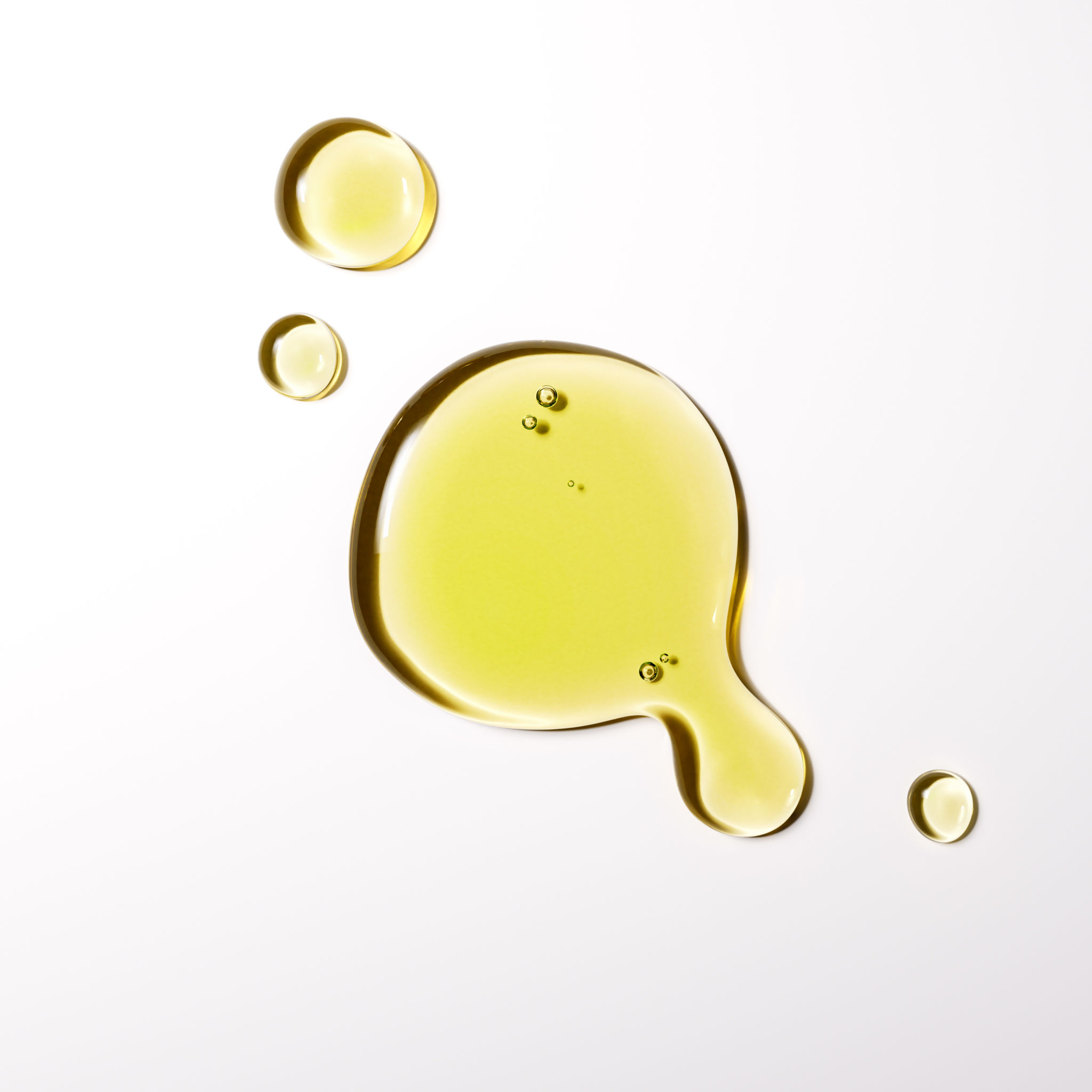DIY Cleaning Hacks: What Works and What Doesn't
Introduction to DIY Cleaning Hacks
With countless cleaning hacks circulating online, it's easy to get overwhelmed by what actually works and what doesn't. DIY cleaning solutions can be both cost-effective and eco-friendly, but some methods are more effective than others. In this post, we'll explore popular cleaning hacks and discern which ones are truly useful and which should be avoided.

Baking Soda and Vinegar: The Dynamic Duo
One of the most talked-about DIY cleaning hacks is the combination of baking soda and vinegar. This duo is often praised for its versatility in tackling various cleaning tasks around the home. When used correctly, these two ingredients can work wonders.
What Works
Baking soda is excellent for scrubbing surfaces, while vinegar is known for its ability to cut through grease and disinfect. Together, they can unclog drains and clean bathroom tiles effectively. Simply sprinkle baking soda on the surface, spray vinegar, let it fizz, and wipe clean.
What Doesn't Work
While baking soda and vinegar are powerful, they aren't a miracle solution for everything. For instance, this combination doesn't disinfect as effectively as bleach or other commercial disinfectants. It's also not ideal for cleaning large areas due to the need for significant quantities of both ingredients.

Lemon Juice: Nature's Cleanser
Lemon juice is another natural cleaner that's revered for its fresh scent and antibacterial properties. It's a popular choice for DIY cleaning hacks, but it's important to know its limitations.
What Works
Lemon juice is great for removing stains from cutting boards and countertops. Its acidity helps break down grime and grease, making it effective for shining metal surfaces like faucets and sinks.
What Doesn't Work
Despite its effectiveness in some areas, lemon juice shouldn't be used on natural stone surfaces like marble or granite, as its acidity can cause etching and damage. It's also not strong enough to sanitize surfaces thoroughly.

Essential Oils: More Than Just a Fragrance
Essential oils are often included in DIY cleaning recipes for their pleasant aromas and supposed antibacterial properties. While they can enhance your cleaning routine, they aren't a substitute for proper disinfection.
What Works
Oils like tea tree and lavender have mild antibacterial properties that can complement other cleaning agents. They can also infuse your homemade solutions with delightful scents that mask unpleasant odors.
What Doesn't Work
Relying solely on essential oils for disinfection is ineffective. They should be used in conjunction with other proven cleaning agents to ensure surfaces are truly clean and sanitized.

The Verdict on DIY Cleaning Hacks
While DIY cleaning hacks offer an eco-friendly alternative to chemical cleaners, it's crucial to understand their limitations. By knowing what works and what doesn't, you can make informed decisions that keep your home clean without compromising on effectiveness. Always test new methods in small areas first to ensure they don't cause damage.
